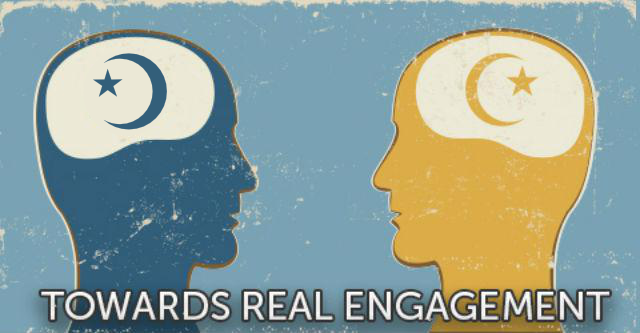In the course of parenting my two children, I have often found myself saying and doing things reminiscent of what my parents said to me: “You won’t even think to clean your room until I tell you!” The strange déjà vu experience translates over to the deeper conversations, too. “God doesn’t appreciate your being wasteful. Please finish your food.” I guess we are all in many ways the same — despite my kids growing up years after my own childhood, they play the same antics and end up hearing the same rebukes.
So it’s understandable why, when watching Parenthood, the NBC drama about three generations of the Braverman family interacting with each other as both parents and children, that sense of the familiar is so palpable.
This past season, the show developed several major themes. The central one was Kristina Braverman’s fight with breast cancer. In episode eleven, she ends up in the hospital, where she suffers from septic shock as a complication of her chemotherapy. A doctor tells her husband, Adam, that she is likely to recover, but “there are no guarantees.”
It also happens to be Christmas Eve. The fact that everyone else is celebrating makes Adam and Kristina’s struggle even more sorrowful.
That balancing of deep sorrow with deep joy resonated with me. I lost my father to cancer almost seven years ago, the same week I learned I was pregnant with my first child. I was at once mourning and celebrating, and yet those emotions did not collide with each other. Instead, they imbued life with meaning, and reminded me of life’s fragility and power.
The concurrence of death with the creation of new life inside of me helped cement a sense of urgency–a need to protect my child while I could. That interfacing of our experiences as both parent and child was captured in an exceptionally moving scene from episode eleven. While sitting by Kristina in her hospital bed, Adam opens up her laptop to discover that she has made several short videos to her kids. In one video, Kristina tells them, “I may not always be with you the way that I want to be but I will never leave your side.”
We can’t help but view the videos through both Kristina’s eyes and the eyes of her children. While we watch Adam watch Kristina’s videos, we are all reminded not just of our mortality, but what that means to us as both children and parents.
All parents worry incessantly about their children, and perhaps the most when they are away from them. What I remember most poignantly about my father’s last days was him laying weak and motionless in bed, stripped of all his strength by chemotherapy yet still maintaining a worried expression on his tired face. Even when consumed with pain, he remained visibly concerned about how his wife and kids would fare after he was gone.
Kristina’s videos captured perfectly that profound reluctance to let go of one’s children, wanting to keep protecting them but ultimately accepting the circumstances that made that impossible. By connecting me back to my father’s last days, Parenthood did what it does best: it took lessons from my childhood and reflected them back to me as a parent, enriching my conceptions of parenthood based on things I—and perhaps all of us—already knew.
Asma T. Uddin is founder and editor-in-chief of Altmuslimah.com: Exploring Both Sides of the Gender Divide, a web magazine featuring compelling commentary on gender-in-Islam. She is also an attorney at The Becket Fund for Religious Liberty, a Washington, D.C.-based public interest law firm protecting the free expression of all religious traditions, and a Legal Fellow at the Institute for Social Policy and Understanding. This article was originally published on Acculturated.

















